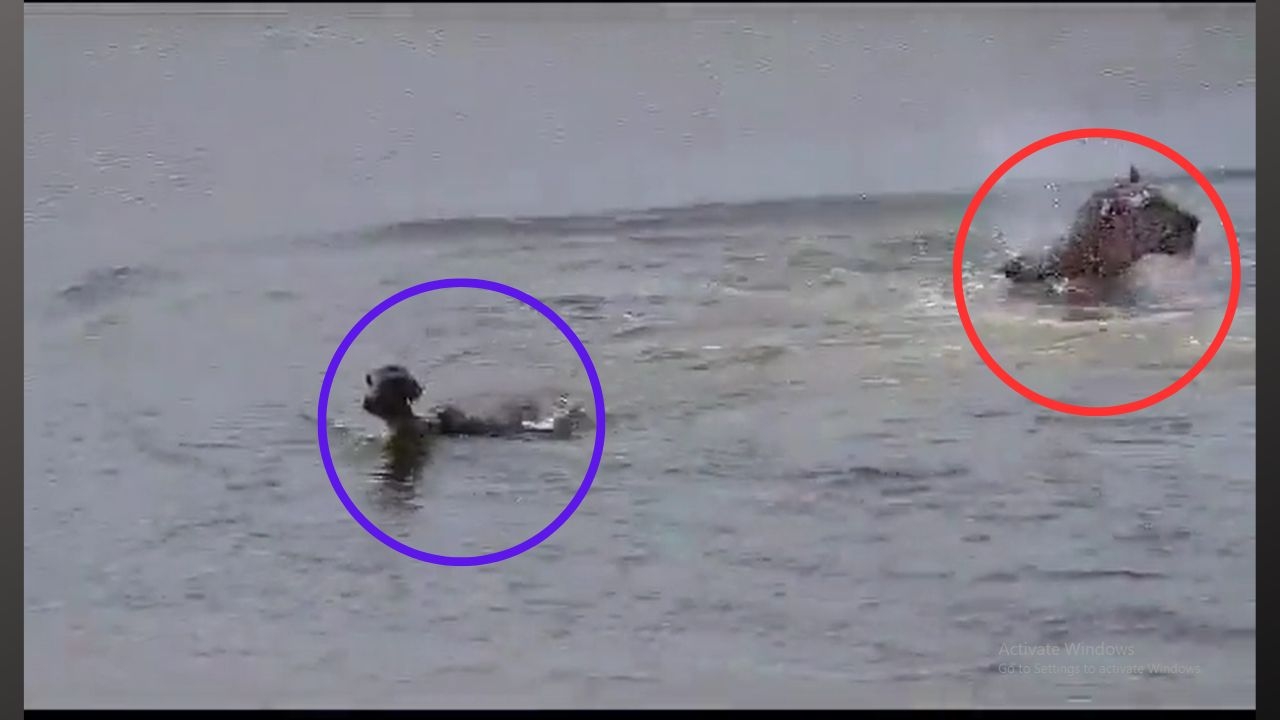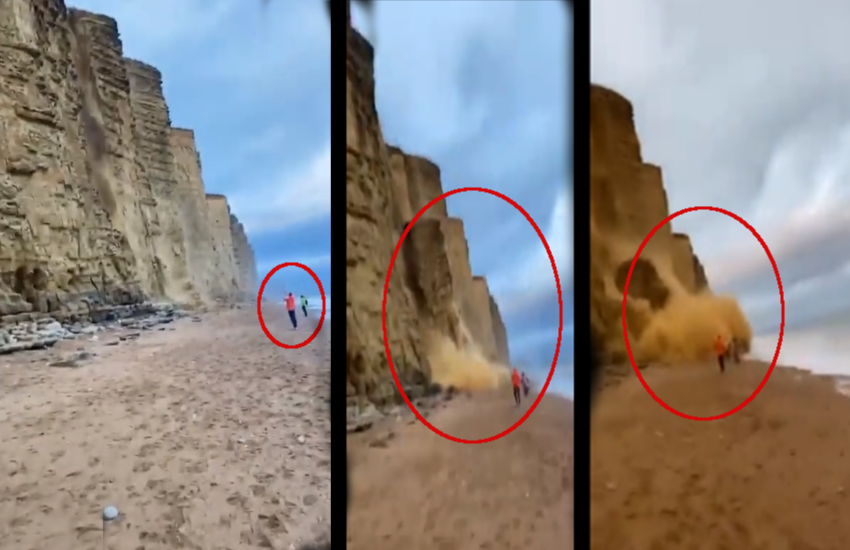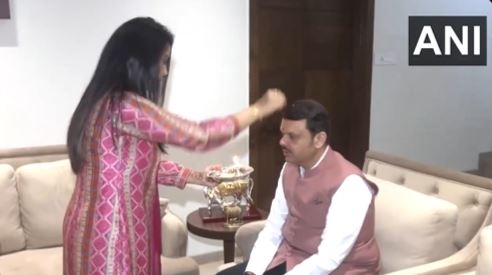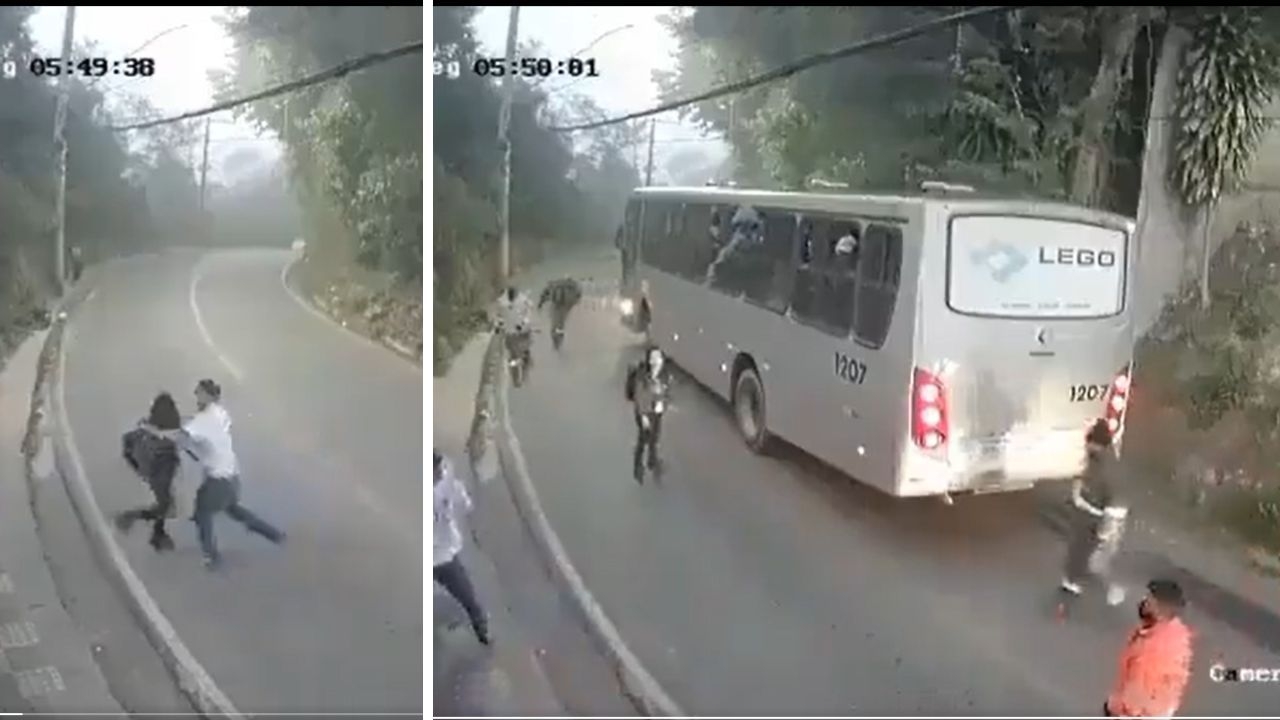Curious case of school burnings in Kashmir & a whodunnit: HC orders probe, Valley keeps guessing

On the last count, 25 schools have been burned in Kashmir over the past six weeks. The last school, a hulking L-shaped two-storey building, was torched on Monday at Dayalgam in Anantnag district.
The fire started from a classroom on the second storey and soon spread through the building. The leaping flames drew crowds to the site followed by the fire brigade. Though the fire was doused, the school was extensively damaged.
The gutting of Dayalgam Higher Secondary School has turned in to the tipping point as just a day later, the J&K High Court directed the government to "unmask the enemies of education and deal with them with an iron hand".
Also read: After 26 schools burned in Kashmir Valley, high court directs state govt to ensure protection
"It is the collective responsibility of all of us to save the school buildings. By burning a school building, unknown persons are darkening the educational atmosphere," a division bench of the high court comprising Justice Muhammad Yaqoob Mir and Justice Ali Mohammad Magray observed.
"All concerned in their respective levels and the authorities of the government in particular shall immediately take necessary measures to protect the school buildings."
The court directed the Director General of Police and Director School Education of Kashmir to issue necessary instructions to Deputy Commissioners, SSPs and Chief Education Officers (CEOs) "to take all necessary protective measures for saving the school buildings from being burnt by mysterious enemies of the education".
The government has been asked to file comprehensive and consolidated compliance report by or before 7 November.
But who's doing it?
However, the mystery surrounding the burnings is far from over. The government and the separatist groups are accusing each other for the arson. In a press conference on Monday, JKLF supremo Yasin Malik blamed the government for burning the schools in an attempt to give a bad name to the ongoing uprising.
"Late Mufti Mohammad Sayeed conspired against the then Chief Minister, late Ghulam Mohammad Shah, and got scores of temples burnt in Bijbehara and other parts of South Kashmir in 1986 just to create an environment for withdrawal of support to his government," Malik said.
"If he could manage to burn temples in 1986 just to withdraw support to the then government why can't his daughter Mehbooba Mufti, now chief minister, and her education minister hatch a conspiracy to burn down schools?"
Hitting back
The Education Minster Naeem Akhter in response blamed Malik and his fellow separatists for presiding over the arson to keep the conflict going.
"The government is not trying to invent or impose anything new in the academic arena of the state. We are only trying to safeguard the career of lakhs of students, whereas separatists with their shutdown calls are trying to destroy their academic career," Akhtar said. He rejected the insinuation that the students were behind the burning of schools.
"At many places, students have been at the forefront of saving the schools and it is out of the question that students would have taken such a reprehensible step."
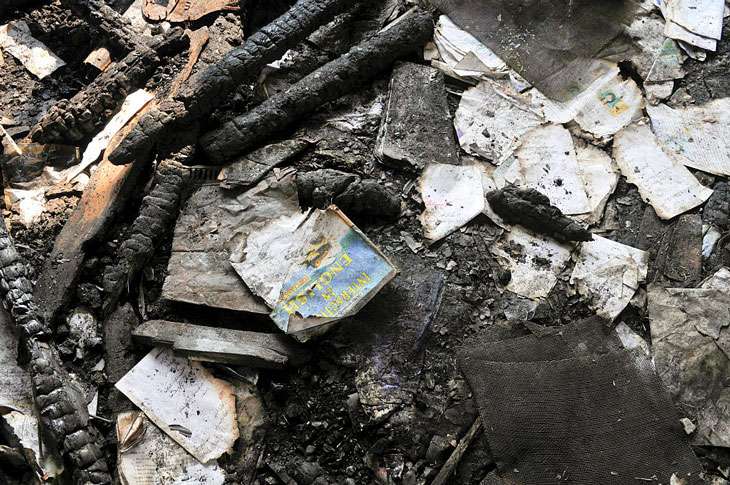
The clues?
The blame game has made people little wiser about the identity of the perpetrators and their motivation. The burnings have taken place in all the districts of the Valley. 14 schools have been torched in four districts of South Kashmir, the bastion of the current unrest.
Similarly, schools have been burnt in other districts too: four in Budgam, three in Baramulla, two each in Bandipora, Shopian and Ganderbal and one each in Pulwama, Kupwara and Srinagar districts. The attacks thus show coordination and organisation.
The only ostensible cause that these attacks could be traced to is the student backlash against the government decision to hold annual examination.
The students have demanded the postponement of the examination to March in view of the disruption in their academic timetable due to the continuing strife in the Valley. Separatists have backed their demand but the Government has refused to reconsider its decision.
Did the consequent deadlock lead to the torching of schools? Unlikely. For this could hardly be expected to force the government to defer examination. Naeem Akhtar too rubbishes this possibility.
"Those saying that government decision to hold exams has forced students to torch the educational institutes should go for self-introspection," he told Catch. "We are holding exams to save the future of our children. We don't want them to waste their year."
Hurriyat Chairman Syed Ali Geelani, who called the shots on behalf of the separatists, has also distanced himself from the school burnings. "Those torching schools are not our well-wishers," he said.
Similarly Muzzafar Wani, father of the slain Hizbul commander Burhan Wani whose killing sparked unrest in Kashmir, also issued an appeal "to those behind school burning". He requested them to refrain from targeting educational institutions.
"Whosoever is responsible for this is doing no good to the society. A society without any education is lifeless," Muzzafar Wani said. "Whenever a school is burned, my heart is set on fire."
The arrests
However, in a major development, J&K Police on Tuesday arrested 21 people for their alleged involvement in burning of schools in South Kashmir, and claims to have identified 14 others.
"We have arrested a dozen persons in Kulgam district. Arrests have also been made from Anantnag and Shopian districts," DIG of South Kashmir Range Nitesh Kumar told media adding that the efforts were on to nab the other culprits.
"We will get them soon and within a few days all the faces will be unveiled."
He said a Special Investigating Team has been formed and further investigations are underway to ascertain all facts. He also said some people involved in arson have fled to Jammu and Chandigarh and that police has deputed a special team to arrest them.
People in the Valley have generally welcomed the arrests but what most of them are interested in is the identity and motivations of the arsonists.
"Police took a long time to make the arrests. Almost six weeks after the burnings began," said Waseem Ahmad, a Kashmir University student.
"But what all of us want to know is who these people are. And on whose behest are they acting."
Edited by Jhinuk Sen
Also read: Education in Kashmir hit hard between Hurriyat shutdown & govt crackdown
Also read: Kashmir unrest: Centre urges Mehbooba Mufti govt to make efforts to reopen schools
Also read: Amid curfew, schools to re-open in 4 districts of J&K
First published: 2 November 2016, 6:01 IST



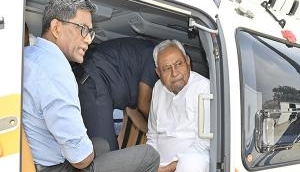
![BJP's Kapil Mishra recreates Shankar Mahadevan’s ‘Breathless’ song to highlight Delhi pollution [WATCH] BJP's Kapil Mishra recreates Shankar Mahadevan’s ‘Breathless’ song to highlight Delhi pollution [WATCH]](https://images.catchnews.com/upload/2022/11/03/kapil-mishra_240884_300x172.png)

![Anupam Kher shares pictures of his toned body on 67th birthday [MUST SEE] Anupam Kher shares pictures of his toned body on 67th birthday [MUST SEE]](https://images.catchnews.com/upload/2022/03/07/Anupam_kher_231145_300x172.jpg)



